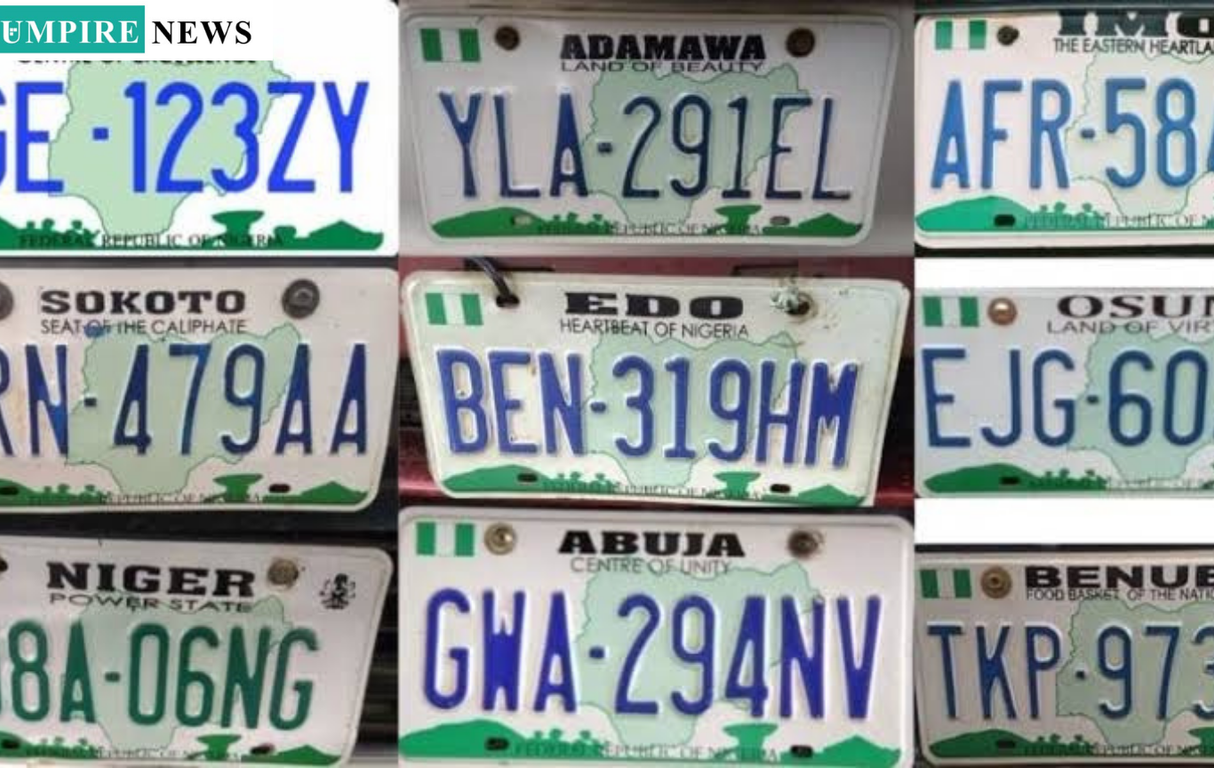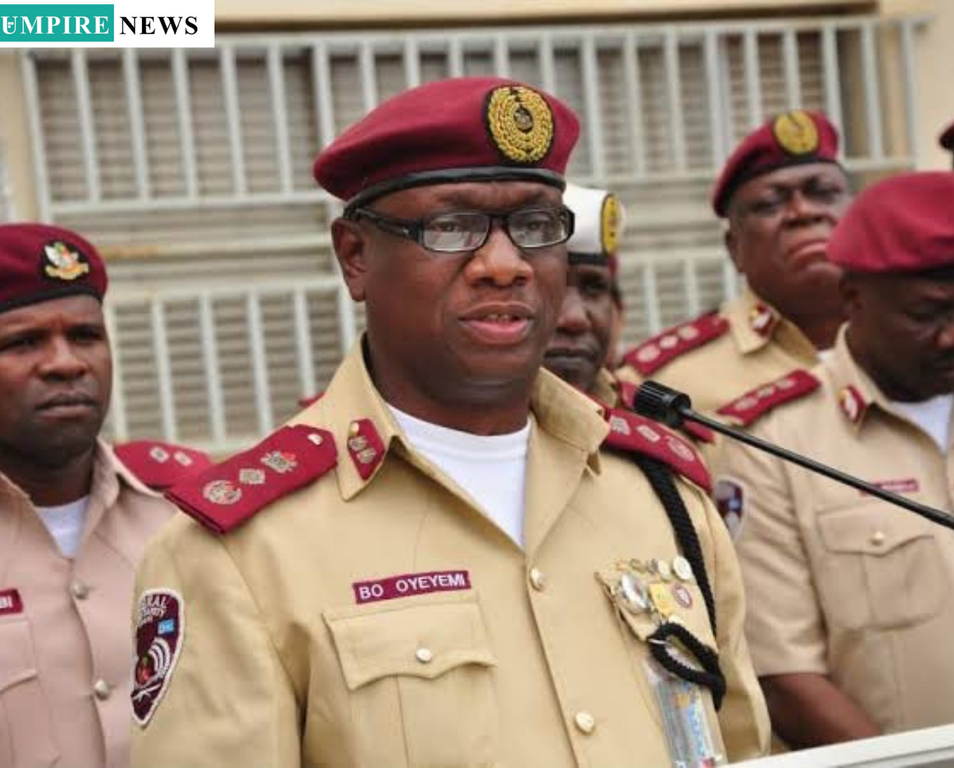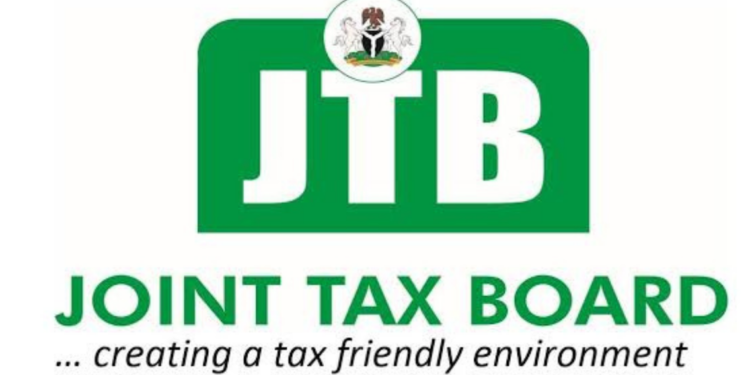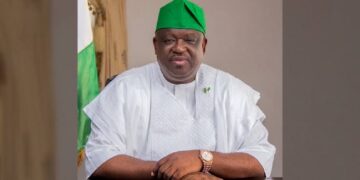Starting from November 1, 2024, vehicle owners across Nigeria will be required to pay new fees for driver’s licenses and vehicle number plates, as a result of recent revisions approved by the Joint Tax Board (JTB).
Under the new pricing structure, a five-year driver’s license will now cost N21,000, while the cost for a three-year driver’s license will be N15,000.
These updated rates represent a notable shift from the previous pricing, reflecting the board’s decision to raise fees for vehicle registration and licensing across the country.
Olusegun Adesokan, the secretary of the JTB, in a circular, emphasized that the increase in fees is contingent upon the Federal Road Safety Corps (FRSC) properly informing the public about the changes.

According to Adesokan, “The secretariat has requested that the FRSC notify the JTB of its public engagement and sensitization plans. This is to enable relevant inputs where necessary, as we are confident that a very robust engagement arrangement will ensure the seamless implementation of the revised rates as approved by the board.”
The FRSC will be expected to conduct a comprehensive public sensitization campaign to inform Nigerians of the new rates and ensure a smooth transition.
The goal is to avoid confusion and ensure that vehicle owners are fully aware of the changes well in advance.
Public engagement is critical in ensuring that the new fee structure is implemented without resistance or misunderstanding among the populace.
In addition to the adjustments to driver’s license fees, the cost of vehicle number plates has also seen a considerable increase.
Under the new rate structure, private vehicle owners will now need to pay at least N30,000 for a standard number plate.
For commercial vehicles, the cost of obtaining a standard number plate will also be N30,000.
This represents a considerable increase from previous rates and is expected to impact vehicle owners across both the private and commercial sectors.
For those interested in obtaining more customized or “fancy” number plates, the costs have seen even steeper hikes.
A fancy number plate, which allows vehicle owners to display personalized or unique designs on their license plates, will now cost a substantial N400,000.

This will likely make such plates exclusive to wealthier vehicle owners who are willing to pay a premium for this option. Similarly, the cost for a motorcycle number plate has also been revised upward to N12,000, while a dealer (motor vehicle) number plate, commonly used by vehicle dealerships, will now cost N100,000.
The revisions extend to government-issued number plates as well. A government fancy motor vehicle number plate will now cost N120,000, while a government standard number plate will be priced at N80,000.
For motorcycles used by government entities, a fancy number plate will now cost N50,000, and a standard number plate will cost N20,000.
These revisions represent a relevant increase in costs for both individual vehicle owners and businesses in Nigeria.
The new pricing is part of a broader effort by the Joint Tax Board to improve revenue collection through updated licensing fees and taxes related to vehicle ownership.
The increased costs are expected to bolster government revenues, particularly as the number of vehicles on Nigerian roads continues to grow rapidly.
However, the increases are also likely to place a financial burden on vehicle owners, particularly those in lower-income brackets who may struggle with the higher fees.
The decision to increase these rates comes at a time when Nigerians are already dealing with economic challenges, including rising costs of living, fuel price hikes, and the devaluation of the naira.
The new fee structure may cause some frustration among the public, particularly if the FRSC and the JTB fail to adequately communicate the reasons behind the increases and the benefits of the new rates.
The Joint Tax Board’s decision to raise these fees is part of a broader strategy aimed at enhancing government revenue streams and improving the regulation of road safety and vehicle ownership in the country.
With the revised rates, the government aims to ensure that fees for driver’s licenses and number plates reflect current economic realities and contribute to better road infrastructure and services.
Vehicle owners in Nigeria will need to prepare for higher costs associated with obtaining and renewing driver’s licenses and vehicle number plates beginning November 2024.
The new rates reflect the government’s effort to modernize its revenue collection mechanisms while also ensuring that the Federal Road Safety Corps plays a critical role in educating the public on the changes.
As Nigerians brace for these increased costs, the coming months will reveal how effectively the FRSC and JTB will manage public sentiment and compliance with the new fee structure.
































